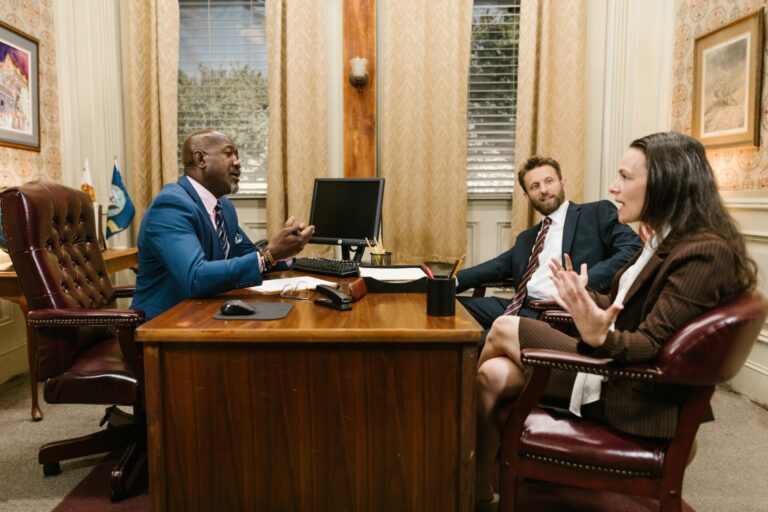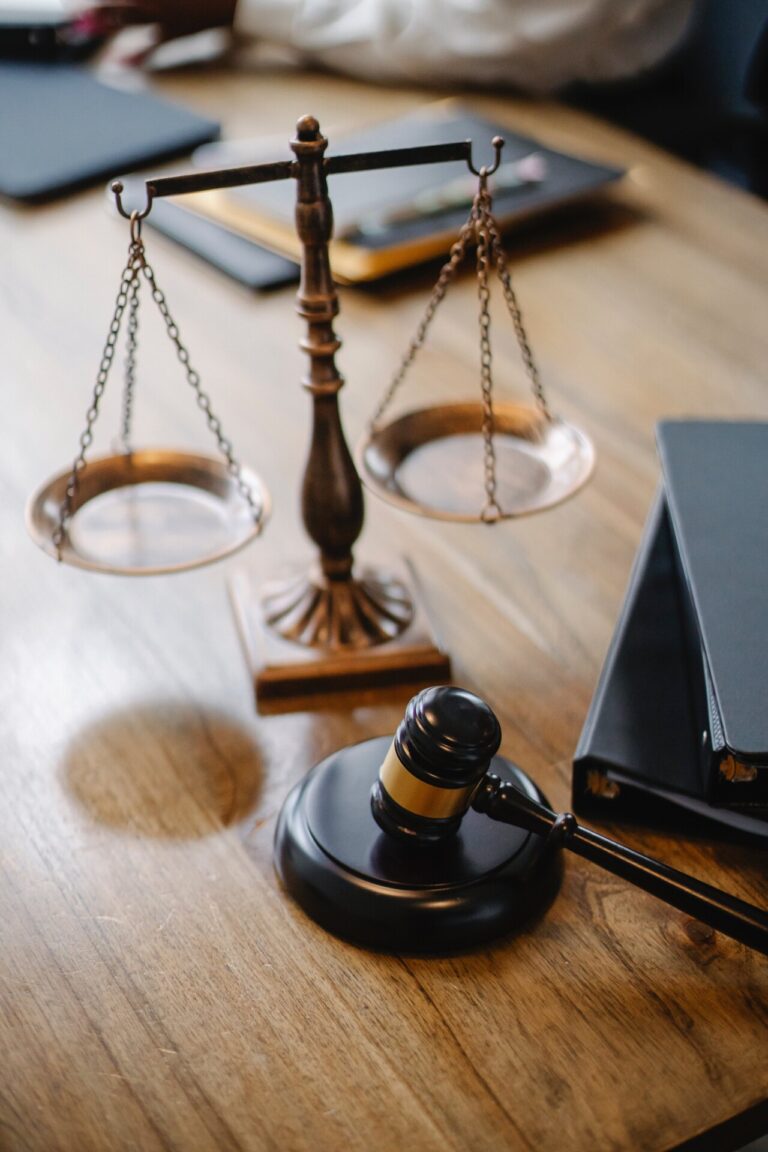Questions to Ask Before Hiring a Lawyer: A Checklist
Are you faced with a legal issue that requires the expertise of a lawyer? Before you make a decision that could potentially impact your case, it’s crucial to ask the right questions. Hiring a lawyer is a significant step, and you want to ensure you choose someone who is not only qualified but also the right fit for your specific needs. So, what are the key questions you should ask before entrusting your legal matters to someone? In this discussion, we will explore a comprehensive checklist of questions to consider, covering important areas such as experience, communication, case assessment, fees, and client reviews. By the end, you’ll be equipped with the knowledge to make an informed decision and secure the legal representation you deserve.

Lawyer’s Experience and Expertise
When hiring a lawyer, it is crucial to assess their experience and expertise in the specific area of law that pertains to your case. You need someone who has dealt with similar legal matters before and has a deep understanding of the intricacies involved. Look for a lawyer who has a track record of success in cases similar to yours. They should have a thorough knowledge of the relevant laws and regulations, as well as the ability to navigate the legal system effectively. It’s important to ask about their experience handling cases like yours, including their success rate and any notable settlements or verdicts they have achieved.
Expertise is equally important. A lawyer who specializes in your specific area of law will have a deeper understanding of the nuances and complexities involved. They will be up to date with the latest legal developments and have a network of resources to draw upon. Don’t be afraid to ask about their educational background, any specialized training they have received, and whether they belong to any professional organizations or associations related to your case.
Communication and Availability
To ensure a smooth and efficient working relationship, it is important to consider the lawyer’s communication style and availability. When hiring a lawyer, you need someone who is responsive and accessible. You want a lawyer who will promptly return your calls and emails, and keep you updated on the progress of your case. Clear and effective communication is crucial in the legal process, so it is essential that your lawyer is able to explain complex legal concepts in a way that you can understand. They should be able to listen attentively to your concerns and provide you with honest and transparent advice.
Availability is another key factor to consider. You want a lawyer who is dedicated and committed to your case, someone who will prioritize your needs and be available to meet with you when necessary. It is important to ask about their workload and whether they have the capacity to take on your case effectively. Additionally, find out if they have a team of support staff who can assist in handling your matter in their absence.
Case Assessment and Strategy
Assessing your case and developing a strategic plan is crucial when hiring a lawyer. By understanding the strengths and weaknesses of your case, your lawyer can devise a well-thought-out strategy to increase your chances of success. Here are some important questions to ask your potential lawyer during the case assessment process:
| Questions to Ask Your Lawyer | Why it’s Important |
|---|---|
| What is your assessment of my case? | This question helps you understand how the lawyer views the strengths and weaknesses of your case. It allows you to gauge their level of expertise and determine if their assessment aligns with your expectations. |
| What potential legal strategies do you recommend? | This question helps you understand the lawyer’s approach to handling your case. Their recommended strategies should align with your goals and priorities. |
| How will you communicate with me about the progress of my case? | Effective communication is crucial throughout the legal process. Knowing how your lawyer will keep you informed ensures that you are involved and updated every step of the way. |
| What are the potential outcomes of my case? | Understanding the potential outcomes helps manage your expectations and allows you to make informed decisions about how to proceed. |
| What is your fee structure? | Knowing the lawyer’s fee structure upfront helps you assess the financial implications of hiring them. It is essential to establish transparency and avoid any surprises later on. |
Legal Fees and Billing Structure
Understanding the legal fees and billing structure is an important aspect of hiring a lawyer. Before you hire a lawyer, it is crucial to have a clear understanding of how they charge for their services and how they bill their clients. This will help you avoid any surprises or misunderstandings later on.
When discussing legal fees with a potential lawyer, ask them about their billing structure. Find out if they charge an hourly rate or if they work on a contingency fee basis. If it’s an hourly rate, ask how much they charge per hour and if they bill in increments. Additionally, inquire about any other costs or expenses that may be involved in your case.
It’s also important to discuss the payment terms and options available. Some lawyers may require an upfront retainer fee, while others may offer payment plans. Make sure you understand the payment terms and whether you will be responsible for any additional costs throughout the duration of your case.
Lastly, don’t hesitate to ask about the scope of work covered by the legal fees. Clarify whether the fees cover all aspects of your case or if there are any additional charges for specific services.
Client Reviews and References
You can gain valuable insight into a lawyer’s reputation and credibility by reading client reviews and requesting references. Client reviews are a great way to hear about other people’s experiences with the lawyer you are considering hiring. By reading these reviews, you can get a sense of how satisfied previous clients were with the lawyer’s services. Look for patterns in the reviews – are there consistent complaints or praise? This can help you make an informed decision about whether or not to hire a particular lawyer.
In addition to client reviews, you should also request references from the lawyer. References are individuals who have worked with the lawyer in the past and can provide you with firsthand information about their experience. When speaking with references, ask about the lawyer’s communication style, professionalism, and overall effectiveness in handling legal matters. It is important to listen carefully to what the references have to say and to ask any specific questions you may have.
Frequently Asked Questions
Can You Provide Me With a List of Past Clients or Case Examples in a Similar Practice Area?
Can you give me a list of past clients or cases like mine?
What Is Your Approach to Handling Conflicts of Interest That May Arise During My Case?
When conflicts of interest arise during your case, what approach do you take to handle them? It’s important to understand how your lawyer will navigate these situations to ensure they are acting in your best interest.
Are There Any Alternative Dispute Resolution Methods That You Suggest Exploring Before Pursuing a Lawsuit?
Before pursuing a lawsuit, ask the lawyer if they suggest exploring alternative dispute resolution methods. It’s important to consider all options to potentially resolve the conflict without going to court.
How Do You Stay Updated on Changes in Laws and Regulations Relevant to My Case?
How do you stay updated on changes in laws and regulations relevant to your case?
Can You Explain the Potential Risks and Challenges Associated With My Case, as Well as Any Possible Outcomes We Might Expect?
Can you explain the potential risks and challenges of your case? What outcomes can you expect?






